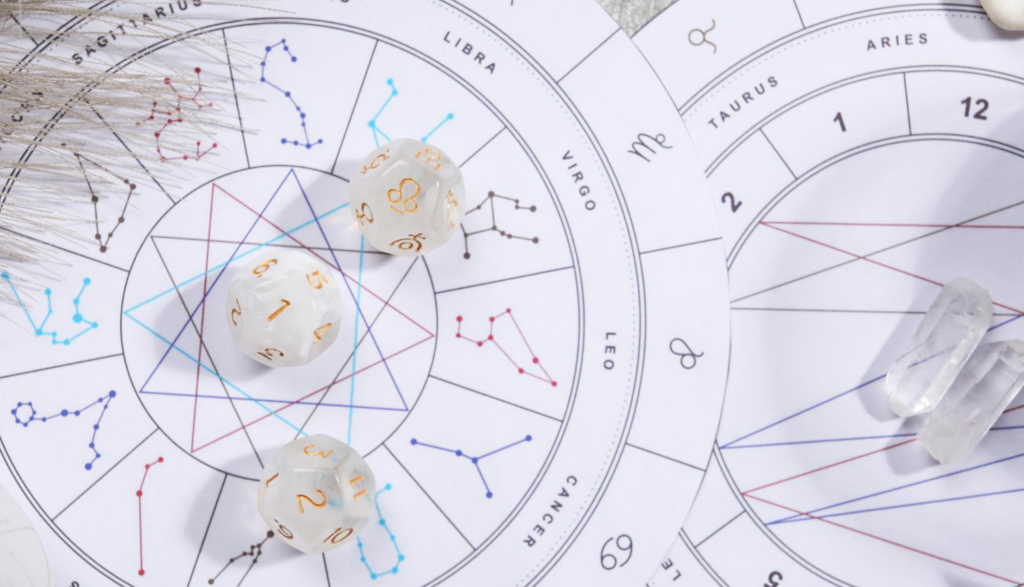Astrology and genetic research might seem like polar opposites, yet both focus on the question of what makes each person unique. Astrology, an ancient system of belief, suggests that the positions of celestial bodies at the time of birth influence personality, life path, and relationships. On the other hand, genetics, grounded in rigorous scientific methodology, examines how DNA determines physical traits, health risks, and even some aspects of behavior. While astrology and genetics operate in different realms, their exploration of individuality reveals some fascinating parallels.
Seasonal Influences and Birth Timing
One of the key overlaps between astrology and genetics lies in the role of birth timing. Astrological systems often associate certain traits with zodiac signs based on the time of year someone is born. While this may lack scientific proof, researchers have identified subtle ways in which birth season affects development. For instance, studies show that children born in winter months may have higher risks of certain conditions, like vitamin D deficiency, due to reduced sunlight exposure during pregnancy or early infancy. Similarly, summer-born individuals might experience different developmental trajectories because of environmental factors like temperature and nutrition availability.
These seasonal effects align with astrology’s claim that celestial timing leaves an imprint on individuals. Although astrology attributes these patterns to planetary movements, genetic research explains them through epigenetics, a field that explores how environmental factors influence gene expression.
Personality and Inherited Traits
Astrology describes personality through zodiac archetypes, categorizing individuals based on their sun, moon, and rising signs. Genetics, while devoid of symbolic systems, has discovered correlations between DNA and behavioral tendencies. For instance, certain genetic markers are linked to extroversion, impulsivity, or stress resilience.

Though astrology cannot be scientifically verified, its symbolic framework resonates with people seeking insights into their character and life choices. Similarly, genetic findings, such as those revealed through ancestry and health tests, help people understand how their biological makeup shapes them. Both systems, in different ways, cater to humanity’s enduring curiosity about individuality and self-identity.
Related: Supermoons and Astrology: The Cosmic Impact on Your Energy
Complementary Perspectives
While astrology is often dismissed as pseudoscience, it can serve as a metaphorical lens for understanding the human experience. Its archetypes and storytelling can complement the hard data of genetics, providing a holistic perspective. For example, those who seek genetic testing to understand health risks might also find value in astrology’s narrative-based approach to personal growth and self-reflection.
The convergence of astrology and genetics may also open doors for broader conversations about nature, nurture, and the factors shaping who we are. Both fields, despite their differences, emphasize that identity is multifaceted—shaped by biology, environment, and personal experience.
The Takeaway
Astrology and genetics may not share scientific foundations, but they share a purpose: helping us understand what makes us unique. Whether guided by the stars or the intricacies of DNA, humanity’s quest to uncover its essence bridges ancient wisdom and modern science. The interplay between these disciplines invites us to explore individuality from new angles, blending the symbolic with the empirical to enrich our understanding of ourselves.





















